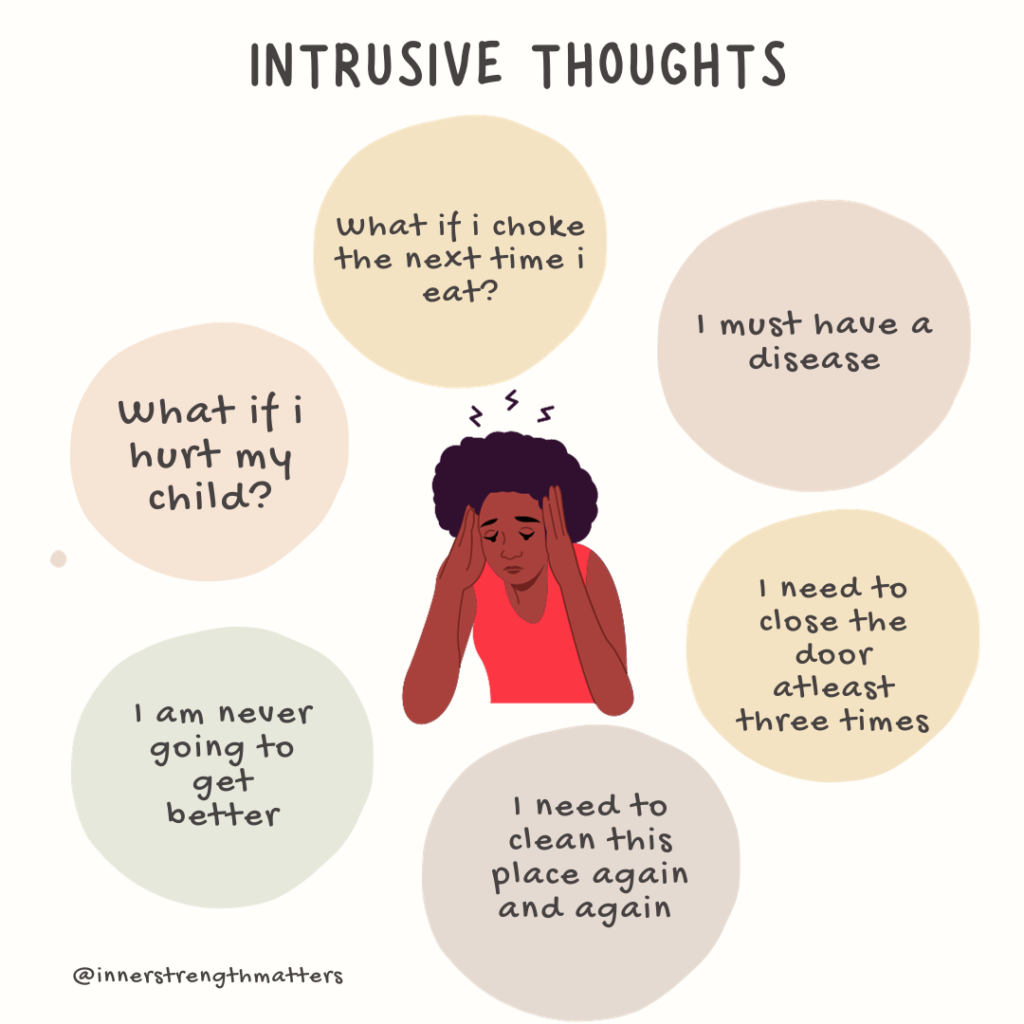Obsessive-Compulsive Disorder (OCD), characterized by intrusive thoughts (obsessions) and repetitive behaviors (compulsions) that are time-consuming and distressing, significantly affects the quality of life. When obsessions occur, they escalate anxiety and distress, and compulsions are employed to alleviate this anxiety induced by obsessions. Common obsessions include fear of contamination, self-harm, symmetry concerns, religious anxieties, forbidden thoughts (e.g., sexual or aggressive), or a need for reassurance or confession. These characteristics typically interfere with patients’ overall well-being.
Epidemiology:
Epidemiological data indicates that Obsessive-Compulsive Disorder is the fourth most common mental disorder, with a frequency comparable to asthma or diabetes. According to a 1994 study, Obsessive-Compulsive Disorderprevalence ranged from 1.1% to 1.8%. The intensity of obsessions and compulsions varies across different countries. Both men and women experience OCD equally, but men often exhibit initial symptoms and full symptoms earlier than women. The prevalence of Obsessive-Compulsive Disorder among children ranges from 2% to 4%, with a higher occurrence in the mature phase of life. Distinguishing OCD from generalized anxiety disorder, panic disorder, phobias, fantastic personality, and hypochondria is crucial.
Factors Impacting OCD:
The exact cause of OCD remains unknown, but various factors contribute to its development, including genetic, neurological, behavioral, cognitive, and environmental factors.
Genetic Factors:
Individuals with Obsessive-Compulsive Disorder often have a family history of the disorder, suggesting a potential hereditary influence on subsequent generations.
Cognitive Factors:
OCD can manifest when individuals misinterpret their thoughts and become entangled with unwelcome thoughts, leading to distress. Sufferers may develop a fear that these thoughts could become reality.
Environmental Factors:
Stressful life events, such as childbirth, pregnancy complications, chronic illness, or brain injury, may contribute to the development of OCD. Obsessive-Compulsive Disorder may also co-occur with post-traumatic stress disorder (PTSD).
Effects Of OCD On Daily Life:
People suffering from Obsessive-Compulsive Disorder are in a perpetual state of distress due to intrusive thoughts and accompanying compulsions aimed at reducing anxiety, ultimately affecting their quality of life.
Overwhelming Doubts:

Individuals with Obsessive-Compulsive Disorder struggle to concentrate due to intense doubt. Compulsions are often performed to ease these doubts; for instance, a cleanliness obsession may lead to repetitive handwashing.
Interference with Daily Life:
Perfectionism is a common trait in individuals with OCD, making even simple tasks challenging due to a lack of concentration and high expectations. Obsessive-Compulsive Disorder disrupts daily life by causing anxiety and interfering with routine activities
Disturbance in Relationships:
OCD can strain relationships as individuals may demand specific behaviors from loved ones and constantly worry about their well-being. Family members who understand the nature of OCD are better equipped to provide support. Education about the disorder helps dispel misconceptions and promotes empathy.
Self-Harm:
Ritualistic compulsions to alleviate anxiety may lead to self-harm, such as picking hair or skin during intrusive thoughts. Excessive handwashing can also result in skin issues.
Indulging in Drugs:
Some individuals may turn to drugs or other activities to cope with persistent negative thoughts and the urge to perform actions to relieve anxiety caused by repetitive thought patterns.
Conclusion:
OCD significantly impacts the quality of life, potentially leading to self-sabotaging behaviors. While some individuals may cope with the disorder, others engage in harmful actions. Seeking proper medication and therapy is crucial for maintaining a healthy lifestyle and managing OCD effectively.

